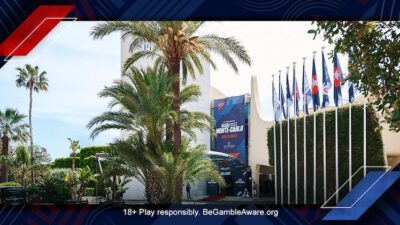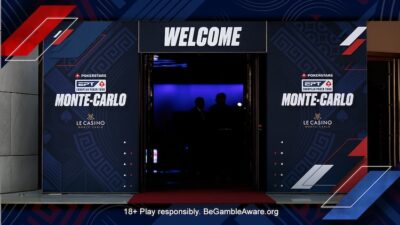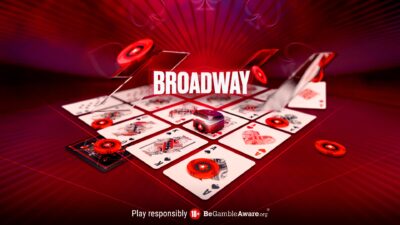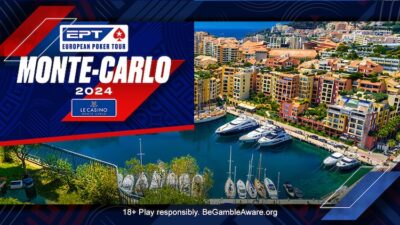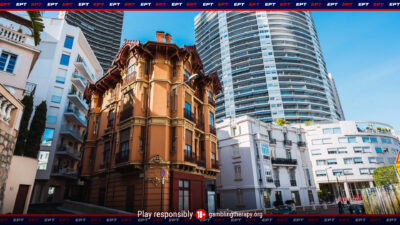Hey, everybody! I’m back! I’ve been away and in a bubble, isolated from the world for the last two-and-a-half months or so. I’m so glad to be back.
I recently took part in the Spanish version of Survivor. It was a great experience, though very different from what I thought it was going to be. I had thought going in it would be more of a “survival” show than a “reality” show, but it turned out to be more “reality” than “survival.”
A lot of the focus was on celebrities and gossip — in fact, a lot of the other participants on the show were best known as relatives of famous people or for having been involved in sensational stories in the past. But there were still a lot of good things I was able to take away from the experience.
The show was presented live, with two four-hour shows per week at night plus another one-hour show during every day. There was a lot of other programming throughout the day devoted to the show as well, so it was huge. The biggest audience was 5 million, so it was something a lot of people were following and knew about in Spain.
I went in with an open mind, prepared not to prejudge people. I was prepared, too, for others to be prejudging me as a poker player, expecting me to act a certain way and always to be using strategy.
The truth is, though, being a poker player really did help me a lot with so many situations on the show, more than I expected it would. I know a lot of you are familiar with Survivor and follow the show. I’ll try to share a few of the ways poker strategy related to what I experienced when competing.
The first poker skill I drew upon was the ability to adapt. As a poker player, I have learned that having a very rigid strategy is usually not a good idea. Just like at the tables, on the show I had to respond and react to what others were saying and doing constantly. I had heard of some of the other people beforehand, but I didn’t research them too closely ahead of time. I just go to know them as we went, and didn’t let any preconceptions affect how I responded to them.
In poker you might see a 20-year-old blonde guy with sunglasses and shorts who keeps three-betting, and you might assume he’s a crazy Swede. But it might be his first tournament and he’s just getting good hands. It was the same for me on the show, where I avoided making assumptions about my opponents or drawing any conclusions about them or how they played without having evidence to support those ideas.
Also, in poker you tend to develop your own personal style of play, and on the show I soon discovered that the best approach was often just to be myself, because otherwise it just wasn’t sustainable. To try to fake how you felt about someone or something was hard to do, so most of the time I avoided trying.
I was like the “weird one” on the show, because I wasn’t as antagonistic as others were who were looking for fights a lot of the time. So people liked me, but at the same time I was careful not to let others run over me, either, just because I wasn’t as used to be on television or in the spotlight like they were. I definitely had some arguments with some of them when I had to stand up for myself.
In poker you might have your particular style, but when someone starts trying to exploit how you’re playing, you have to respond. If you’re tight and someone starts bullying you, you have to come back at them at some point and go against your usual style — say by four-betting light — or else you’ll be easy to play against.
I think I was also helped a lot by having learned from poker how to deal with pressure and being put on the spot. We were so exposed. There was one camera for every two people, and it was on 24 hours a day. We were hungry a lot, too — I lost weight — and couldn’t always have water or bathe, so there was a significant physical challenge to overcome, too.
We were on a very small island. That meant that even with our conflicts we had to get along to some extent just to be able to coexist in such a small place. You couldn’t even go to the toilet without everyone knowing it. Again, think of being at a poker table — which is kind of like a little island — and there’s a person seated across from you who is making you uncomfortable for whatever reason. You still have to figure out how to deal with the person if you want to keep your seat.
At one point the audience voted for me to go to a little square platform way out in the sea — just nine square meters — where I had go with this really crazy guy. We had to stay there for a whole week, only being able to leave it for three hours a day. It was the most surreal experience I’ve had. I don’t think I’ve ever had to stay so close to someone for so long. And there was a cameraman there, too, who was not allowed to look at us. It was so weird.
Again, though, poker helped me. I was patient, which is a skill I’ve learned to develop in poker. I was able to deal with the constant challenge of what was kind of like a really tough heads-up match, too.
I learned a lot from doing the show. I’m super zen now, I think, and more able to value things that are important, including the people I love. I didn’t have contact with my loved ones at all during that whole time, although I found a way to draw positive energy from them and those relationships, anyway. Not to get too mystical, but you can become strong enough to perceive others’ support even without talking to them directly.
I’m really glad to be done with the show and back, but I’m glad I did it. It wasn’t easy to do, but I would have regretted passing up the chance and wondering what I’d missed.
Again, like in poker, there are spots when you’re dealt a hand and you might be tempted to fold, but the circumstances are such that you should be playing it. I’m glad I played this one.
Leo Margets is a member of Team PokerStars Pro
Back to Top


